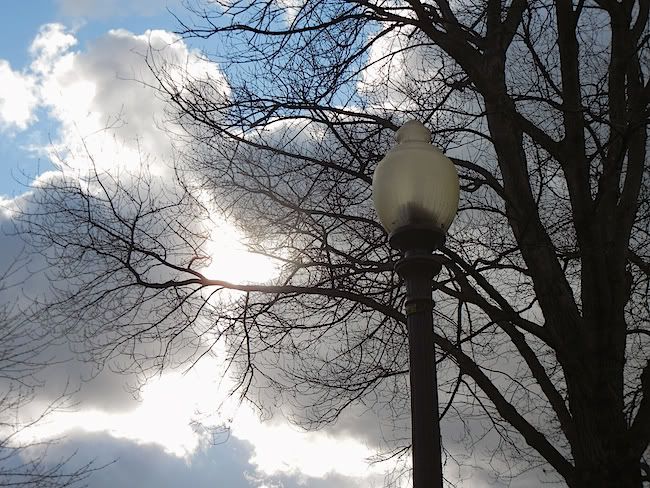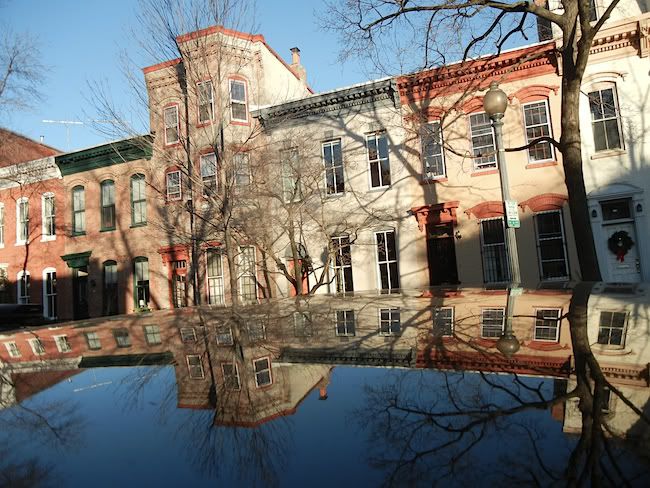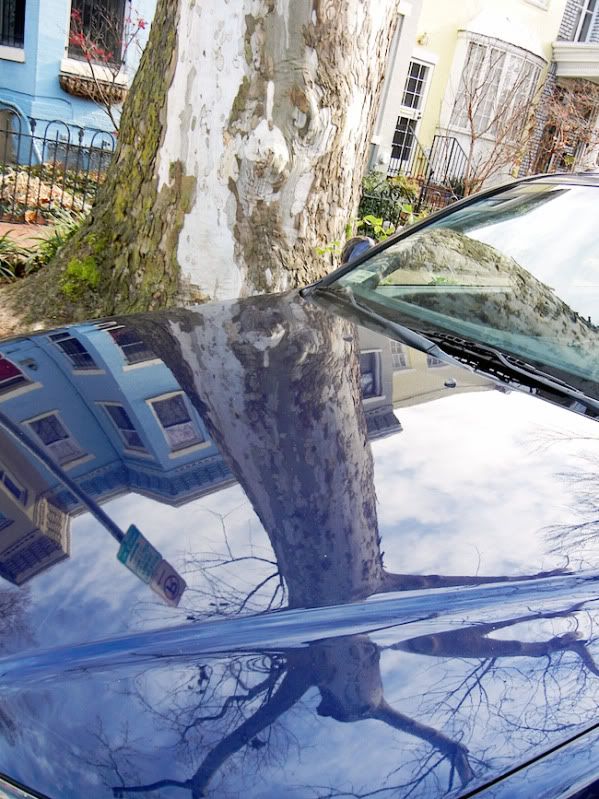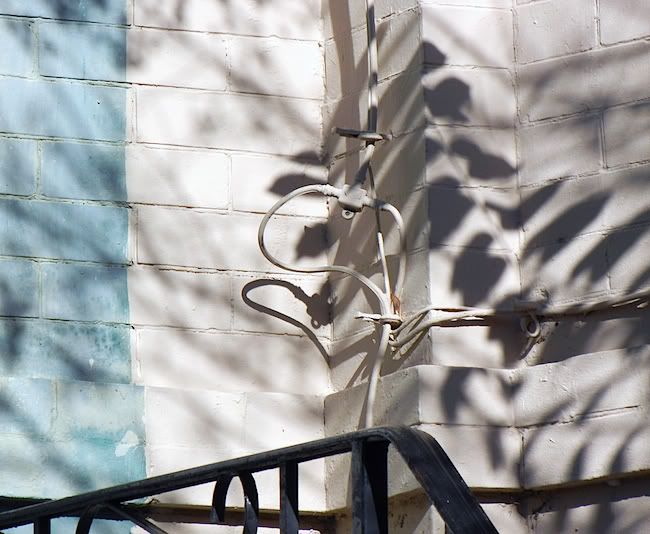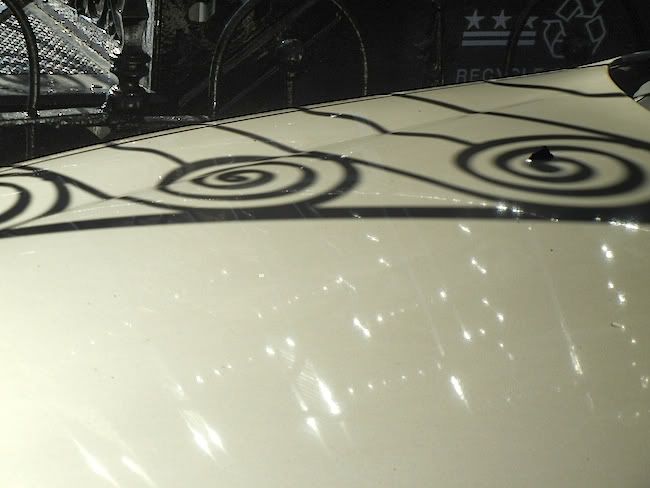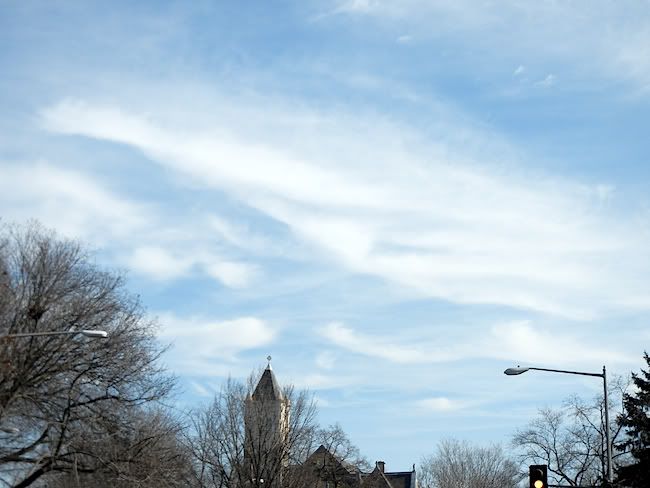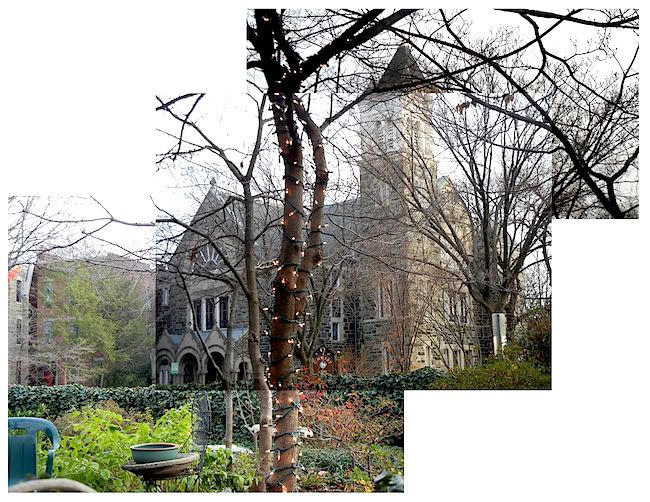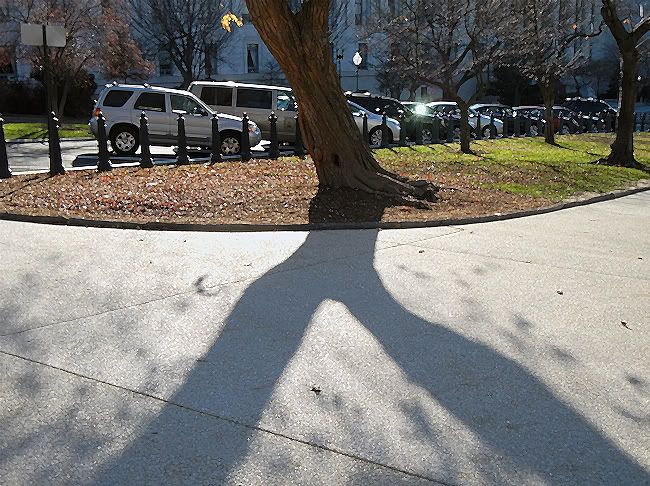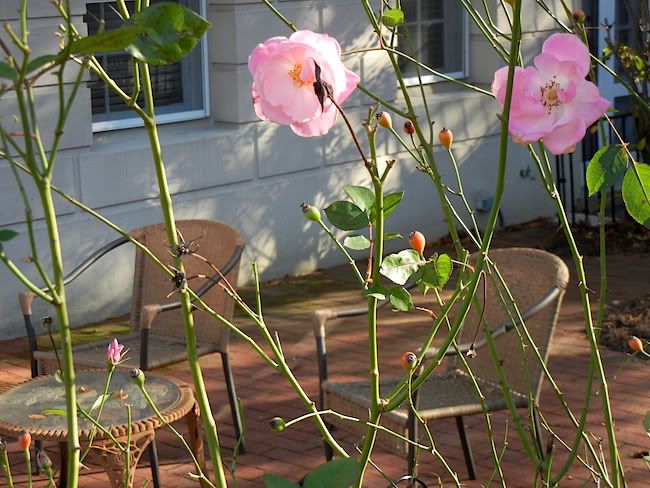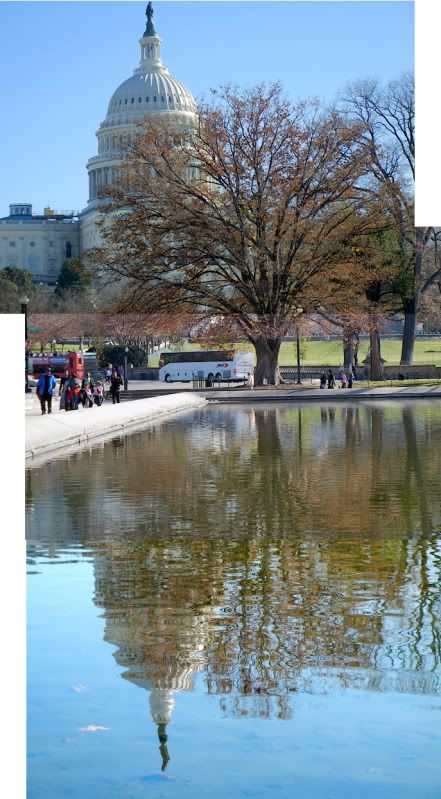
Have I mentioned here how much I dislike the way everything about being a human being can - and is - pathologized? Every year, the number of named disorders and syndromes grows exponentially, or so it seems. I wonder why everything must be made to sound like a terrible problem. Is the desire to name and label, to pigeon-hole, every discomfort part of the innate human desire for control? Do we think that by pathologizing everything, somehow we will get a grip?
I wonder.
Here's a link to a list of disorders. It goes on and on. Imagine my head shaking back and forth, my goodness. Is EVERY stuffy nose a "sinus disorder?" Well? The production of mucus is a natural body process - believe me, a little extra stuffiness here and there is NOT a disorder, it's the body's way of dealing with some kind of imbalance. Without mucus the inside of your nose would dry up quicker than a person who suffers from cocaine addiction disorder.
I just made that up, which was probably unnecessary. I'm sure there is some kind of official syndrome or disorder name for drug snorting.
I've struggled for years with the idea of attention deficit disorder. Yes, many people have fractured attention spans, many more now than before remote controlled TV with hundreds of stations, many more than before "multi-tasking" became a desirable trait, many more than before even science shows on TV featured a dance sound track under the narration. (So weird, I think.) Before we ate lots of sugar, before junk food, back in a time when people slept more, it was easier to think straight. It was! The truth is, in our society, technology and "lifestyle" provide everything necessary to fracture attention spans. It is
not a disorder, it is a logical consequence of the way we live.
How about "antisocial personality disorder," "impulse control disorder," "alcohol induced mood disorder?" For heaven's sake. Wouldn't it be ok to just say so-and-so is a mean drunk? Does it have to be a disorder?
I guess once any kind of discomfort becomes an official disorder, drugs can be prescribed to address it. Maybe that's why we're so over the top in terms of trying to label every quirk of human character. Is that why? Or maybe the label helps people who aren't "normal" (whatever that means) feel there is a way they can become normal. You think?
Everyone is bi-polar, you know. Some are worse than others, and yes, when people don't sleep for weeks at a time or drop into suicidal depressions, of course they need some assistance. I'm not against seeking help, but there is a way in which that label makes it seem like having a variety of moods, up and down, is somehow abnormal. I assure you, it is not! Of course if you don't have any moods, that's a disorder, too! We just can't win at this game, hey?
Seasonal affective disorder is, if you ask me, normal. It makes sense to drop a little bit into depression during the darkest days of winter. Can you imagine feeling chipper and cheerful in the midst of the dreary month of January? That would be so weird. How about those who shut themselves indoors, bundle up in a blankie and read books at the height of summer? Is that, too, is a seasonal affective disorder?
We as a society are less accepting of the unique twists and turns of human character than we once were. I know the people who name these disorders are trying their hardest to help, but my goodness, it has gone too far, don't you think? I think so.
May you be quirky without hurting yourself or anyone else. Go ahead - be a character, yes? I say yes. Shalom.
